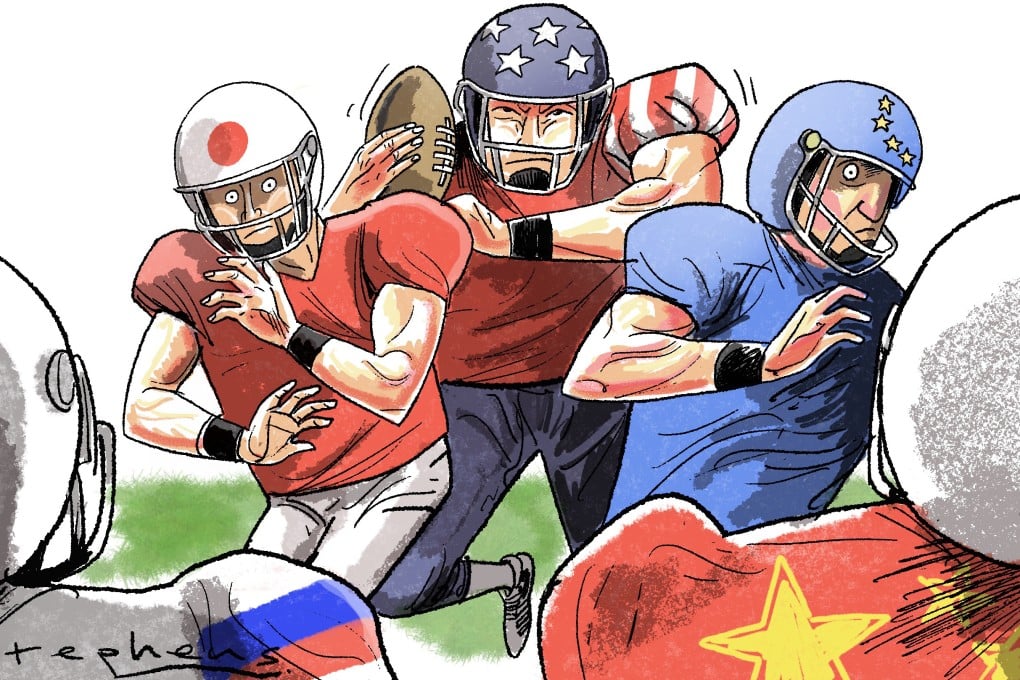Opinion | Why won’t the US break up the China-Russia friendship? The answer is Europe
- Taking a leaf out of Nixon’s book, Biden could drive a wedge between the US’ rivals using conciliation – only this time, with Russia, not China
- The problem is that such an approach risks creating an integrated Europe, which may then seek autonomy from the US

All this begets a simple question: isn’t it presumptuous of Washington to assume that it can play hard ball with Beijing and Moscow simultaneously and get its own way, while taking for granted the support of the European Union and Japan along the way?
Today, Washington faces a similar situation, with Russia and China having swapped their hierarchical positions. Beijing is now seen as the higher-up and Moscow as the one fighting a proxy war for it in Ukraine, according to some commentators applying history to analyses of current affairs.
Beijing is playing an awkward No. 1, though, still dizzy from the speed with which it has shot to the top position, while Moscow remains steeped in self-regarding nostalgia for what it used to be not that long ago.
